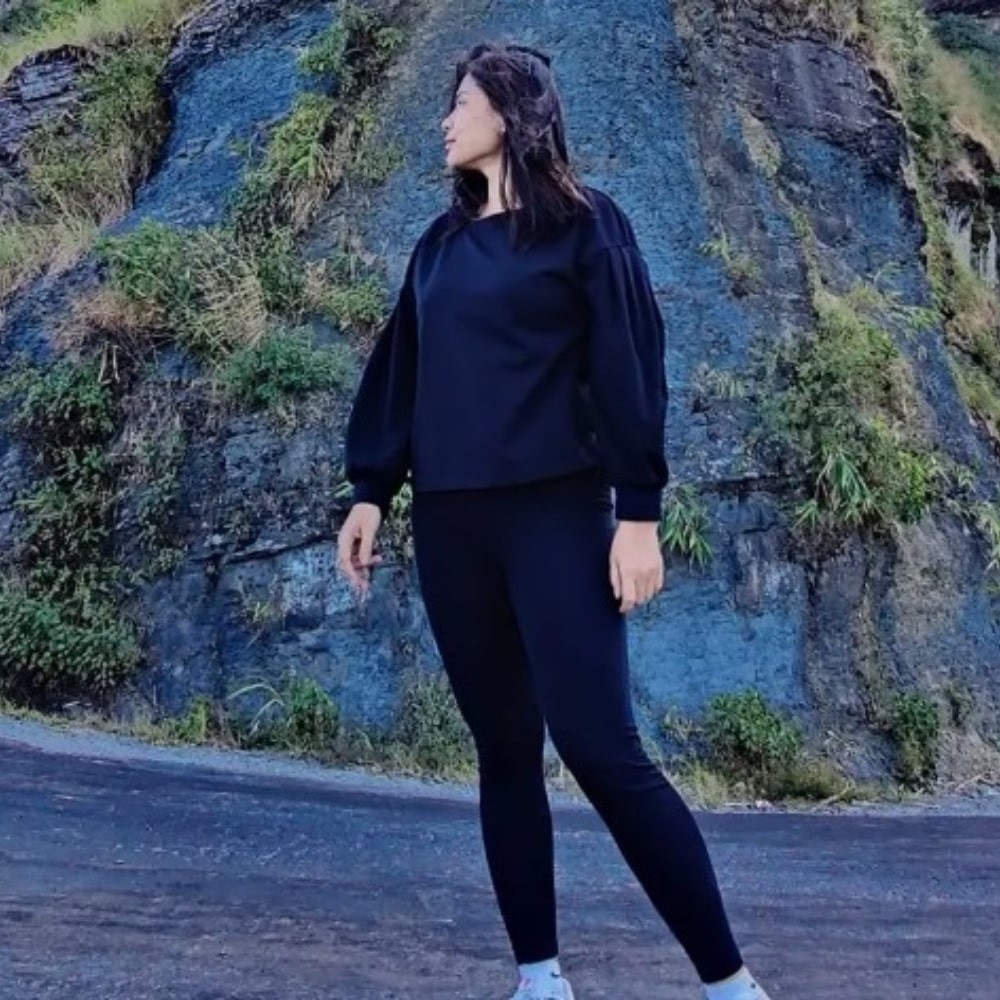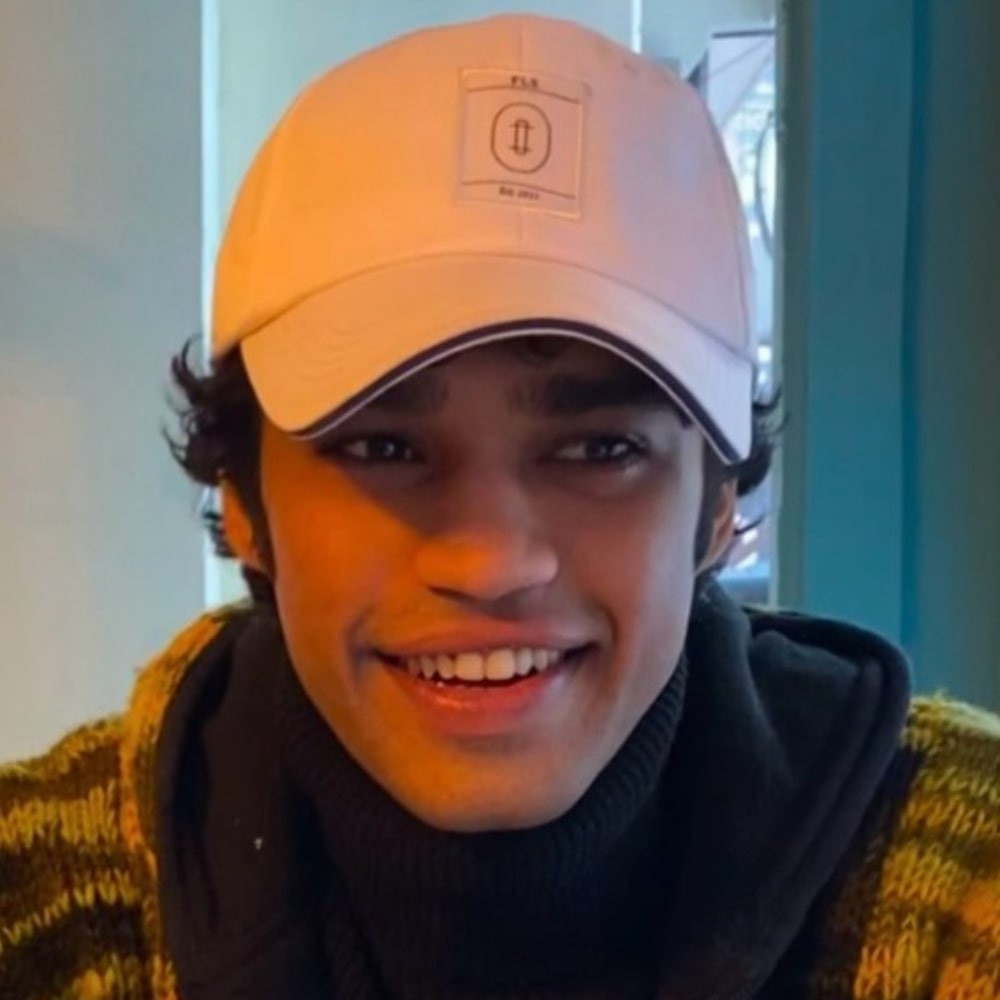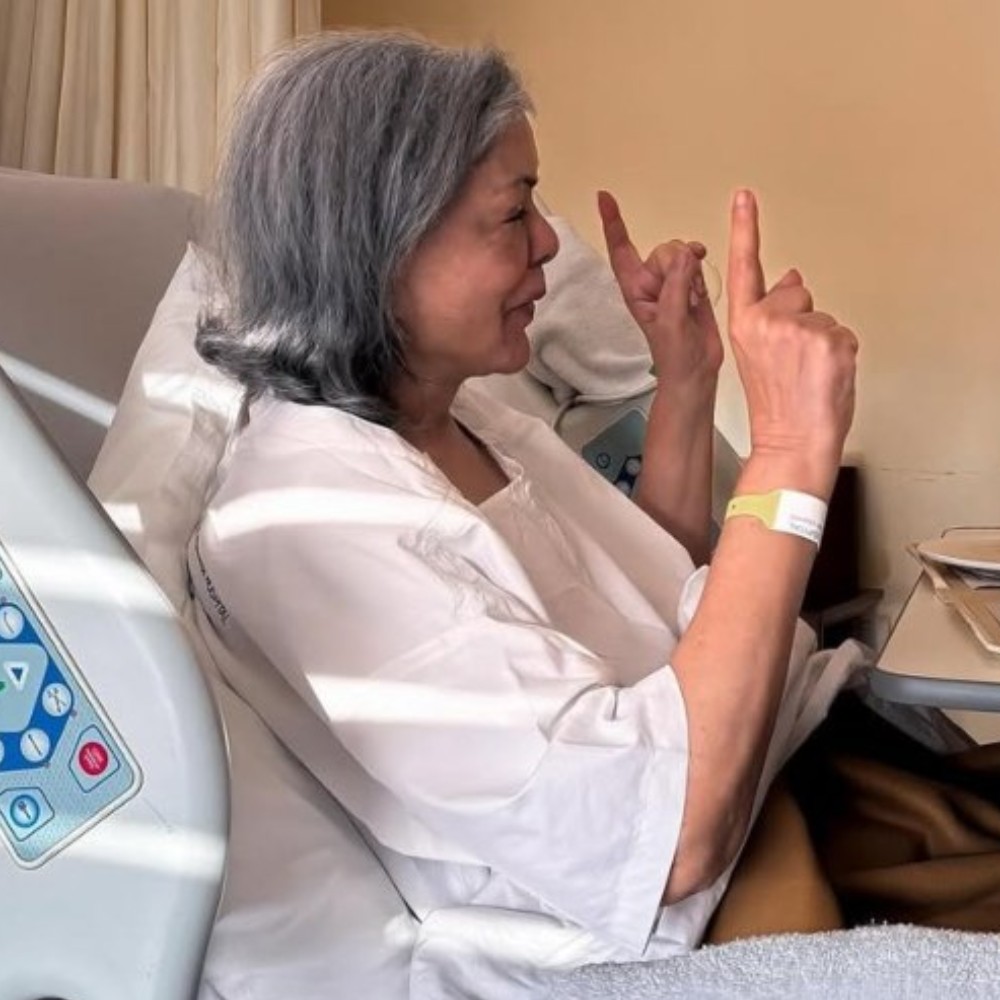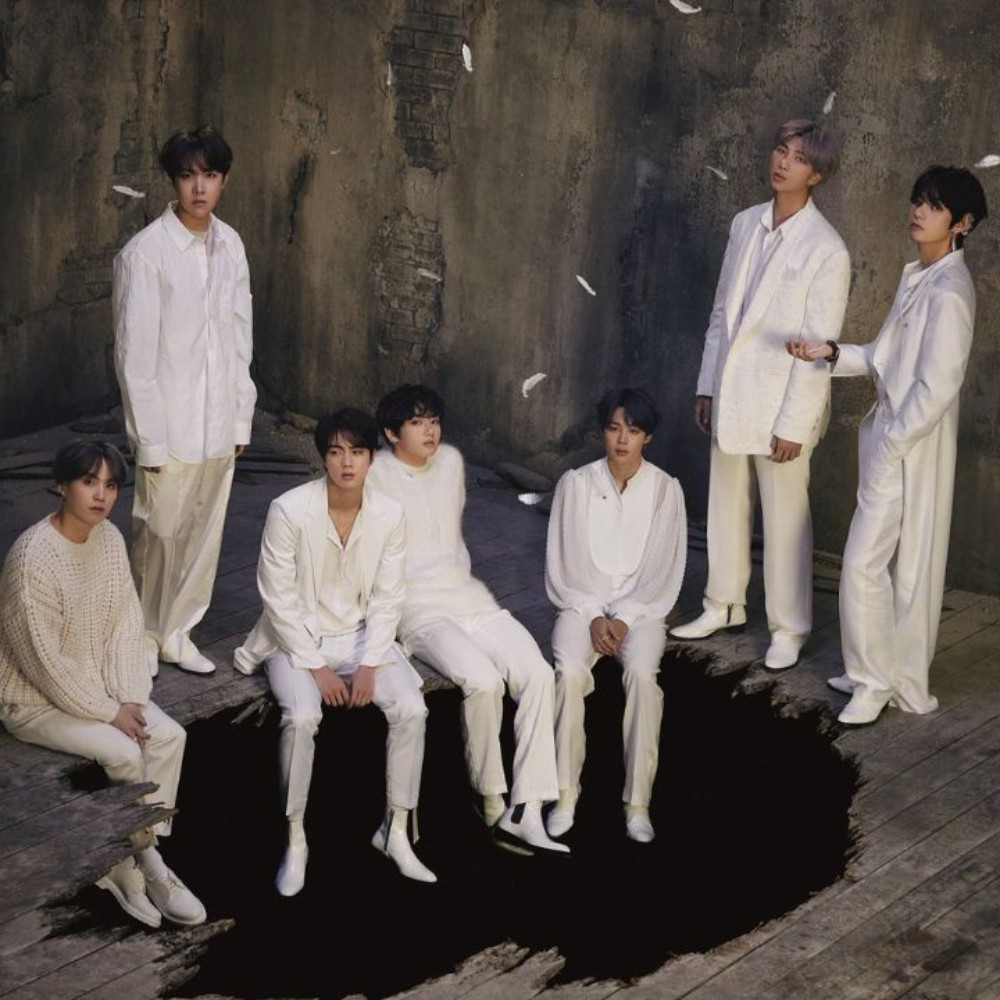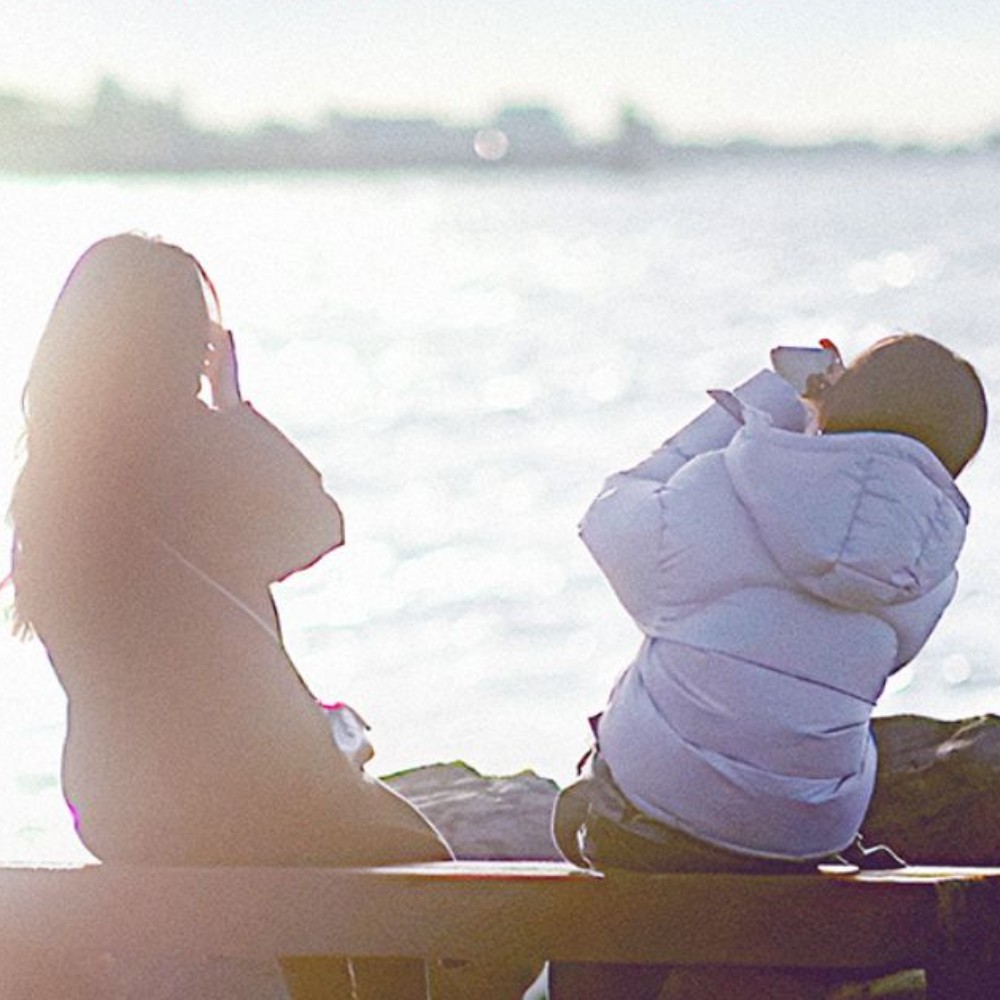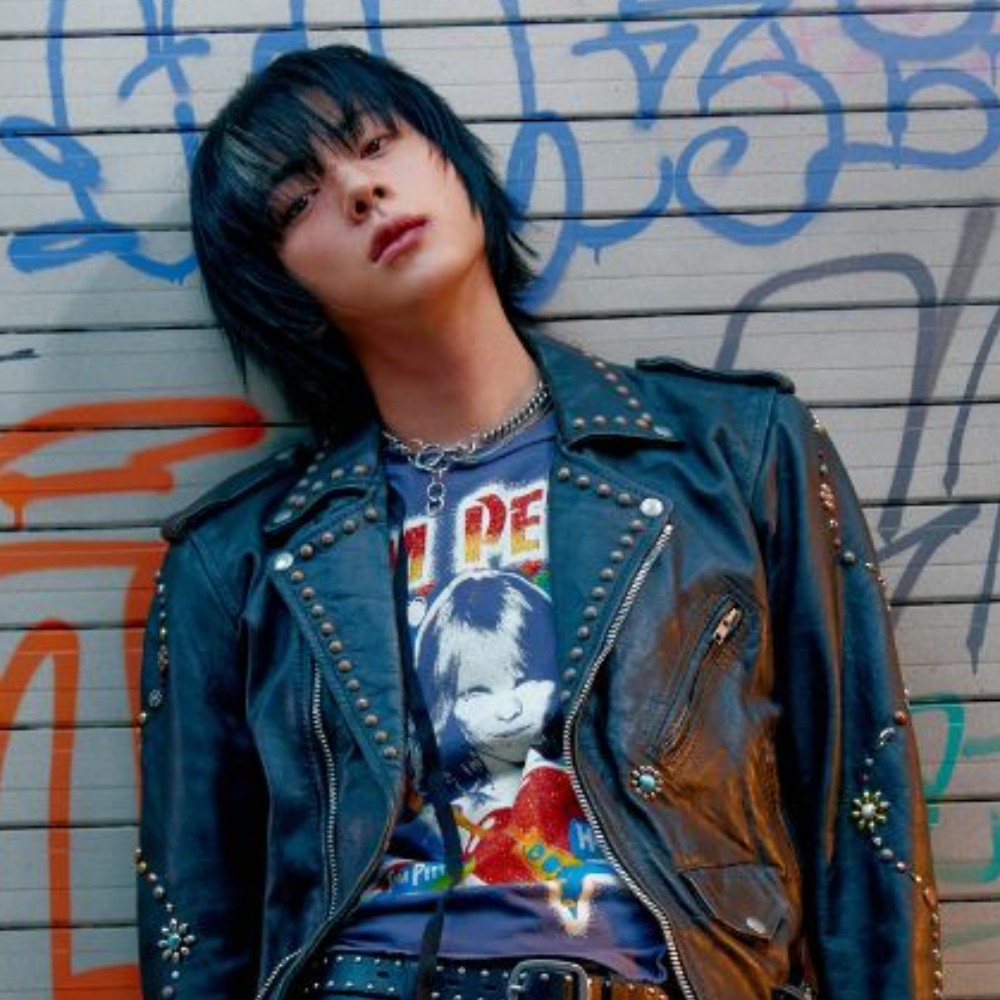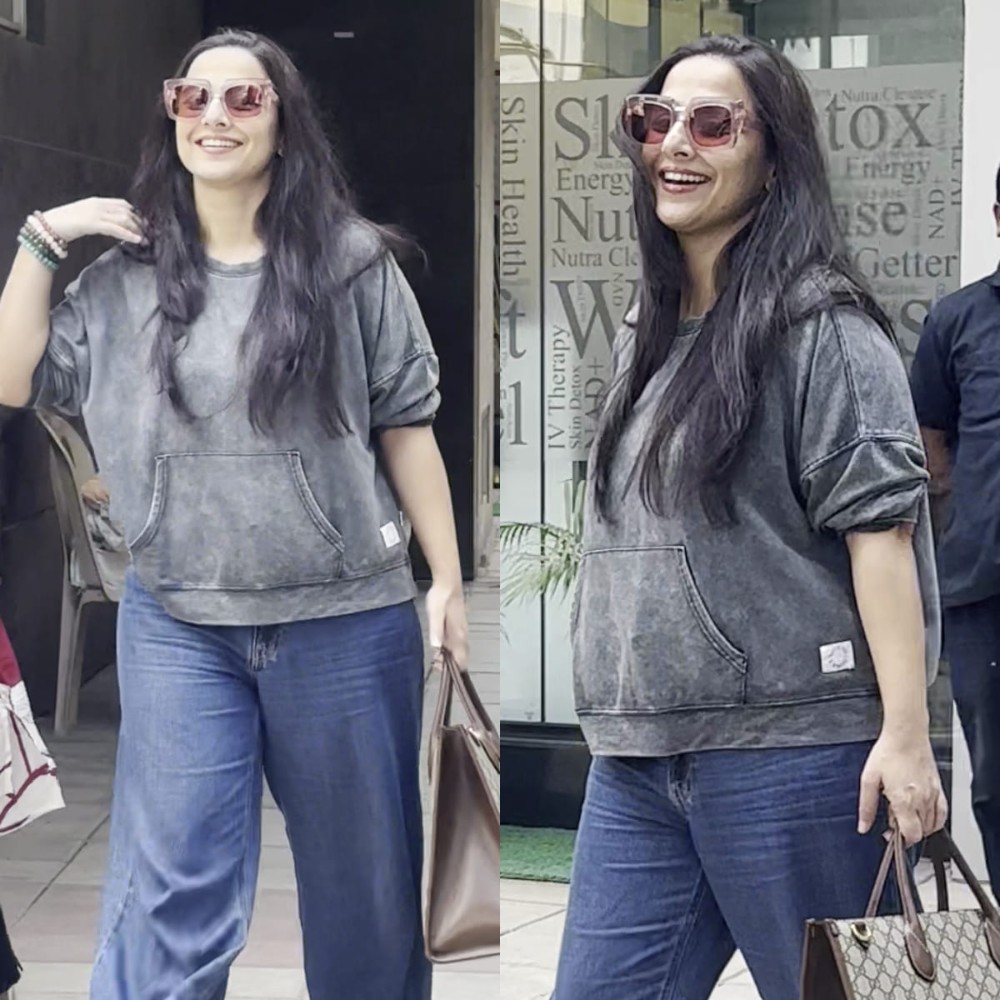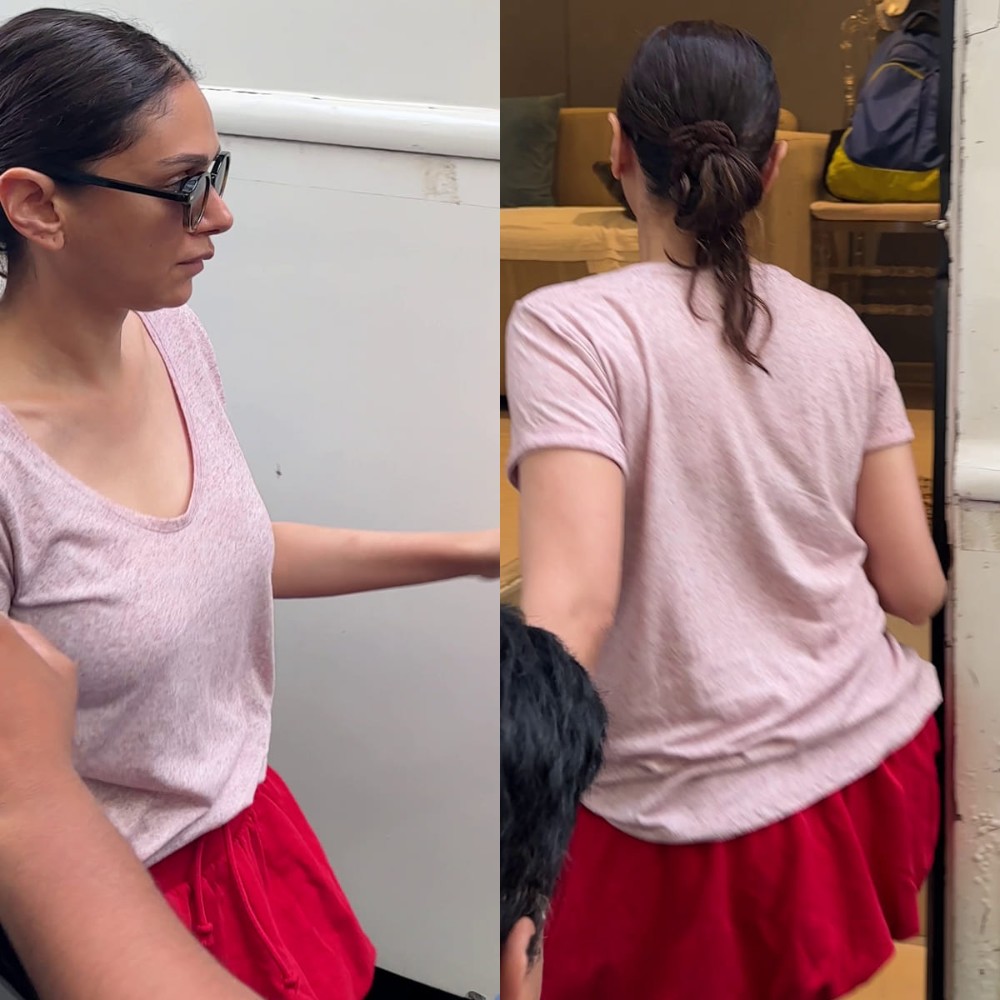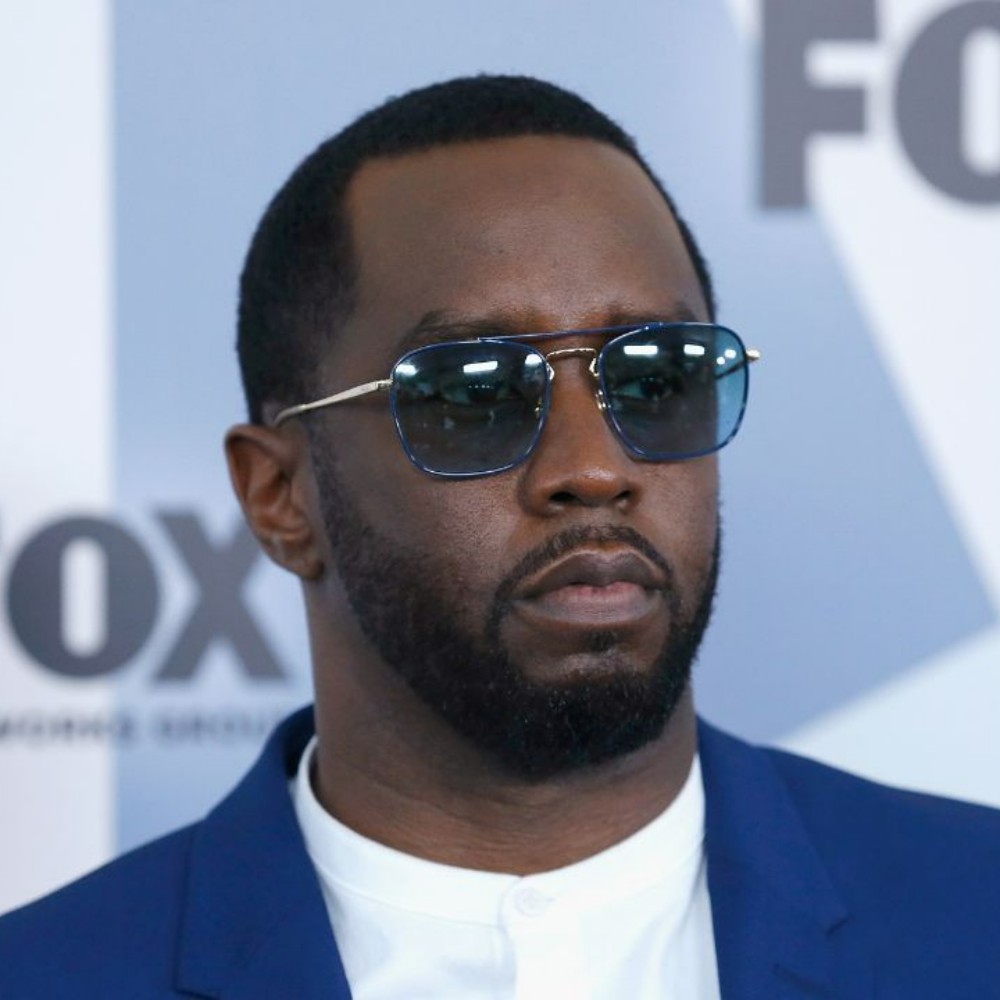Lee Seung Gi WINS 581 million KRW lawsuit against former agency Hook Entertainment; full details inside
The Seoul Central Court rejected Lee Seung Gi's ex-agency's claims of overpaying the actor. Read to know more all about the case's history and verdict.

Actor-singer Lee Seung Gi was embroiled in a legal dispute with his former agency, Hook Entertainment (now known as Green Snake Entertainment), over unpaid settlement fees. Both parties claimed the other owed them a large sum of money. The fight of the case, which began back in November 2022, finally reached its culmination today, on April 4, 2025, as reported by K-media outlet Star News. The court ruled in favour of the actor and asked the agency to pay up the royalties amount with added interest.
The Seoul Central District Court’s Civil Agreement Division 20 presented the verdict of the 2.5-year-long case, stating, "Chorokbaement (Green Snake) Entertainment must pay Lee Seung Gi 581,377,421 won and delay interest thereon." The case began with singer Lee Seung Gi publicly alleging that Chorokbaement Entertainment had not paid him music royalties for nearly two decades. He took formal action by sending a certified letter to the agency, demanding a thorough settlement of his unpaid earnings accumulated over his 18-year tenure with the company.
As a result, the management company paid the actor 540 million KRW, including 130 million KRW in prior payments, 290 million KRW in unpaid fees, and 120 million KRW in delayed interest. However, in a surprising reversal, the company later claimed that it had overpaid the My Girlfrined Is a Gumiho actor by 900 million KRW in advertising revenue and demanded reimbursement. Lee Seung Gi's legal team countered with newly uncovered records, revealing that the actual amount of unpaid royalties totaled 9.6 billion KRW.
That meant that Green Snake Entertainment still owed the actor an additional 300 million KRW, further fueling the dispute. Then, their dispute was taken to the court, and upon investigation, the management company's claims were declared unfounded. The Seoul court's verdict stated, "All of Chorokbaement Entertainment's remaining claims for compensation and returns are dismissed." Since this case's trial started and it gained public attention, the need for entertainment agencies to disclose revenue settlements to their artists was recognised. Given that, a new bill, dubbed the Lee Seung Gi Law, was passed in South Korea in September 2024.





 JOIN OUR WHATSAPP CHANNEL
JOIN OUR WHATSAPP CHANNEL
